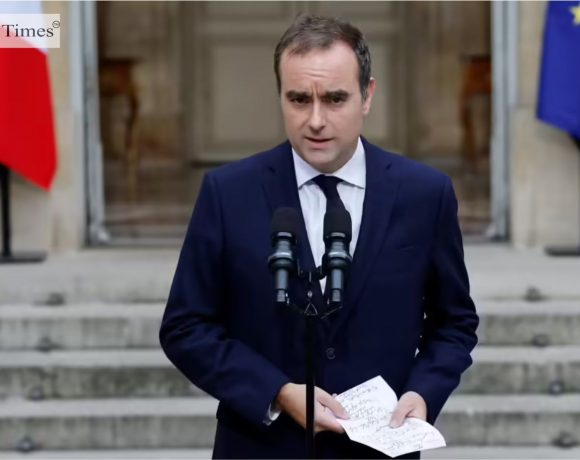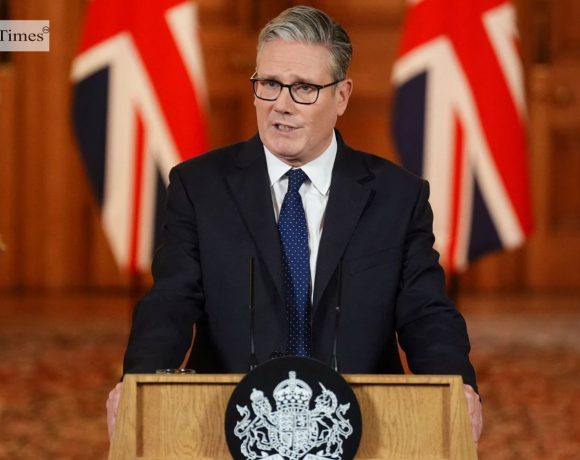
France’s anti-terrorism prosecutor has launched a formal investigation into four men accused of plotting an attack against a Russian opposition figure living in exile. Although officials have not disclosed the intended target, Vladimir Osechkin, a Biarritz-based Russian activist, claimed on his Telegram channel that the alleged plot was directed at him. Osechkin thanked French police and intelligence services for ensuring his safety.
Osechkin is the founder of Gulagu.net, a human rights organization that exposes torture and abuse within Russia’s prison system. The four suspects, aged between 26 and 38, were arrested on Monday following an investigation by France’s domestic intelligence agency DGSI. Authorities suspect the men of being part of a terrorist organization and planning “crimes against persons.” They have since been placed under formal investigation and remain in custody.
French prosecutors have not revealed the nationalities or exact arrest locations of the suspects. Osechkin, who has been on Russia’s wanted list since 2021 after his group leaked extensive evidence of systemic torture in Russian prisons, remains under French protection. While a formal investigation in France does not indicate guilt, it allows judicial authorities to pursue deeper inquiries into the case.
Pic Courtesy: google/ images are subject to copyright









